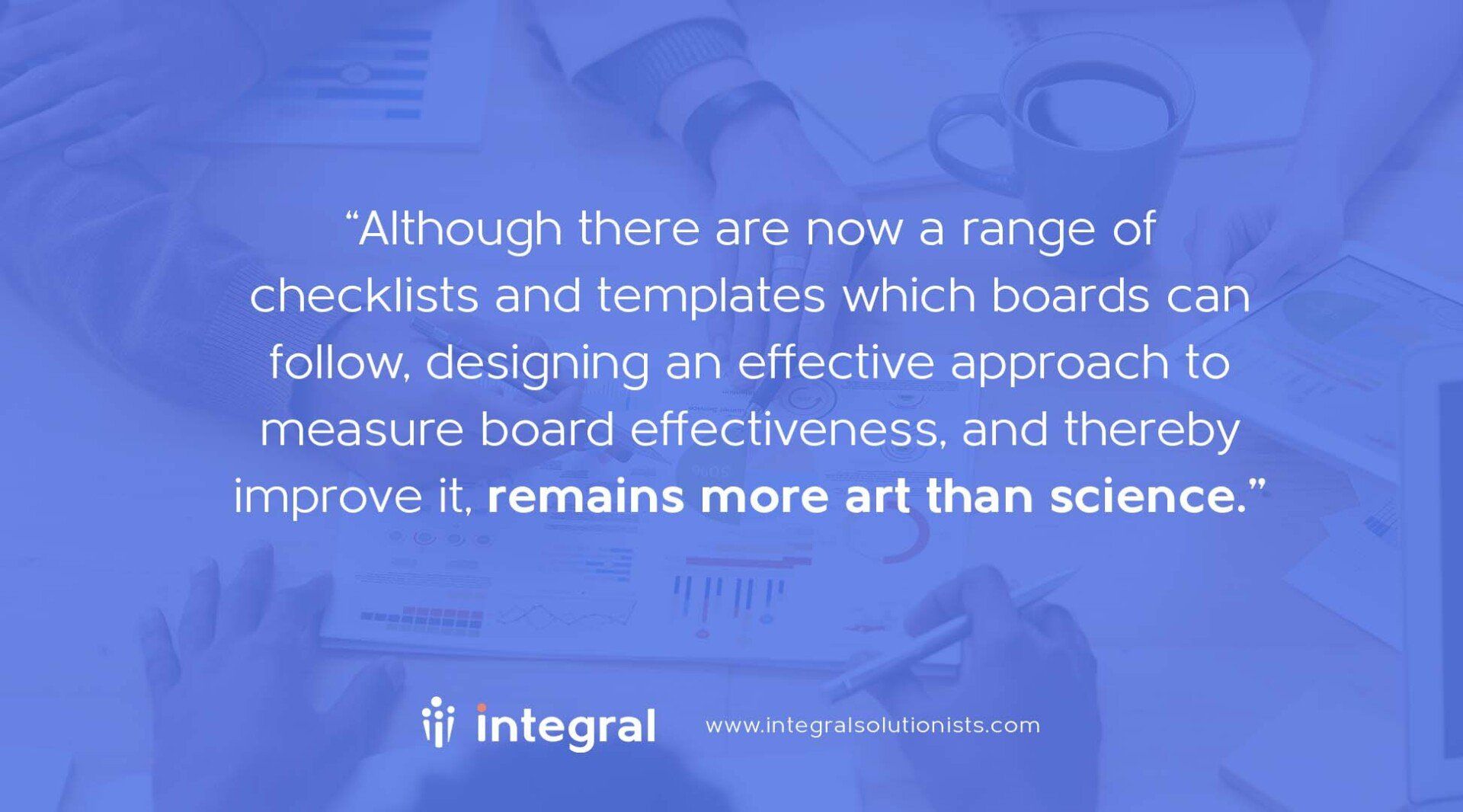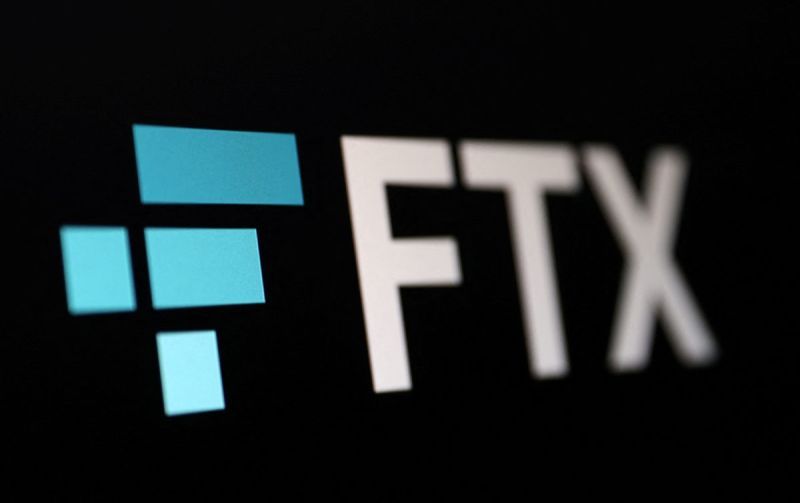Board Effectiveness Reviews: Why They're Necessary and When to Undertake Them
Stay up-to-date on trends shaping the future of governance.
Reviews are growing more complex and sophisticated but remain more art than science
I sit on the board of a company which initiated its first effectiveness review in 2020. The organization was then just over five years old, and the full board had been in existence for only three years: in the initial two-year period, the co-founders had governed through a steering committee structure which included a seed funder. At the time of the first review, there was no legal requirement nor even pressure from funders to undertake it. So, was it worth the time and money to do it? And did this first board review come too early or too late? In this article, I reflect on that experience, mixed in with some evidence from the burgeoning literature on board effectiveness reviews.
What is the ROI of board effectiveness reviews?
Board effectiveness reviews vary greatly in their scope and depth, and therefore in how resource-intensive they are. Following a
self-assessment approach
may reduce the cost, although external help may be needed to craft an appropriate questionnaire for the first time at least. Even self-assessments may involve more than a questionnaire only--the chair or lead independent board member may choose to conduct
more detailed interviews
as well or instead. For public companies, annual, or at least regular, effectiveness reviews are now required in various jurisdictions. The widely respected UK
Corporate Governance Code
requires that there is an
external review
for large (FTSE350) listed companies at least every three years. The practices of board evaluation, and the level of disclosure about them, are growing more comprehensive and rigorous for large companies at least: for example, the
E&Y Center for Board Matters reported that among Fortune100 companies in the US, 39% of companies included individual board member self-assessments in 2019, a big increase from less than a quarter the year before. The outcome of all this assessment activity seems positive overall: the latest annual
PWC Corporate Directors Survey
2021 reports that 88% of respondents felt that their company had an effective board evaluation process. However, in a telling reminder that there may be barriers to real honesty at board level, 67% reported that they felt there were limits to being too frank.
In our case, with a younger, non-public company, we opted for a
self-assessment via individual questionnaire
for our first time. The questionnaire was designed to take around 30 minutes for each director to complete. We included a specific section only for the CEO to evaluate his views about the board’s engagement since we believe that a constructive board-CEO relationship is an important mark of board effectiveness. We then used the services of a consultant to compile the results and prepare a summary deck of the findings. This was a way of anonymizing individual comments and also ensuring that the summary feedback was independently filtered. All this involved a modest investment of board time and money leading up to a year-end board meeting when it was discussed.

The return on this modest investment was very positive, however. The feedback catalyzed board in-committee discussions among non-executive and executive directors first separately, then together. In this case, it didn’t lead to any specific changes, unlike 72% reported in the PWC 2021 Survey. But it did tighten a culture of mutual accountability for performance and open up new channels for reflection which have been very healthy. Those are benefits which are hard to measure in the short run and in purely financial terms. But I have little doubt that the net return of starting this practice of regular evaluation has been positive.
When to undertake effectiveness reviews?
Even if board effectiveness reviews are indeed generally worthwhile, as I firmly believe, the question remains about
when they should first be undertaken, and then how often. In my example, in other words, were we too late in starting this practice three years after the establishment of the full board? Or rather, were we a bit early to derive the full value from it? In my opinion, I find it hard to conclude that we were too early--if anything, I think we may have derived value from starting earlier, rather than regarding evaluation as a practice to follow when we grew up.
Of course, the usual disclaimer applies: “When you know one board, ...you know one board.” The
deciding factor on timing may be the purpose behind a review. A review which is targeted at understanding and addressing specific issues relevant to the stage of the organization’s life cycle seems relevant, no matter how early. A review designed mainly to inculcate good practice may be deferred for a while, until a clearer sense of self-identity emerges.
The reality is that opening channels for constructive feedback is usually necessary and helpful across all stages of organizational growth; and perhaps especially necessary when organizations start to scale. This is the time when disciplines may be abandoned or not built in time. In my example, even during the early co-founder-led stage of the company, we tried to maintain the discipline of accountability to one another when we met in person periodically--not always easy to do during the hustle and bustle of early stage life but essential to organizational hygiene.

Although there are now a range of checklists and templates which boards can follow, designing an effective approach to measure board effectiveness, and thereby improve it, remains more art than science. Saying that doesn’t mean that the process is mysterious or mystical: far from it! Rather that it requires discipline and practice to become good at it; and that it benefits from flair which can craft a review to fit a particular setting. Even the discussion which should precede any review--such as, for which desired outcomes is the board effective?--may help to surface issues which can promote a climate of good governance within organizations at any stage of life.

At Integral, we provide ESG Consulting advice, evaluation, facilitation, mentoring and coaching services to develop governance systems that fit your organization’s purpose and stage of growth. To explore further how we can help you,
read about our services, or
set up a free consultation.
S H A R E










